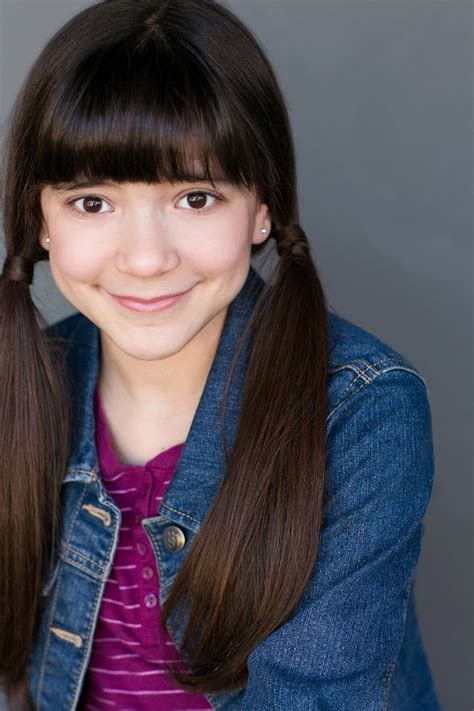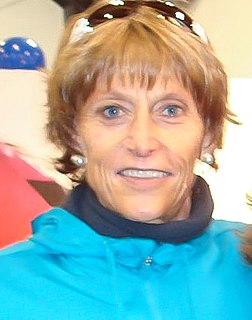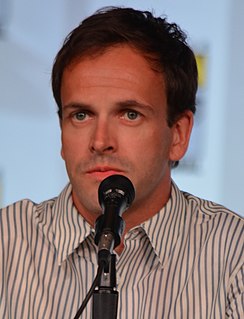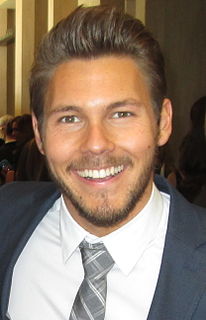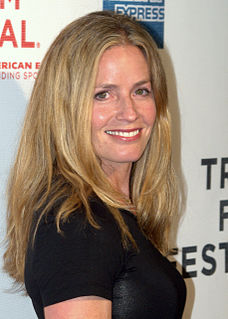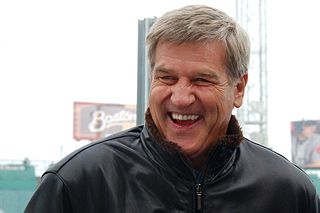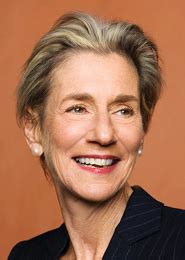A Quote by Mike Vogel
I come home more exhausted after a day of emotional work on set than I've ever had in any sporting event I've played or anything. It's draining. But it's also part of the fun.
Related Quotes
I returned to the white House after midnight more depressed than ever before. I had long since arranged to attend the World Series in Philadelphia the next day. Although I like baseball, I kept this engagement only because I felt that my presence at a sporting event might be a gesture of reassurance to a country suffering from a severe attack of 'jitters.'
I really loved working on comedy. Most of my roles have been very dramatic and involved lots of emotional work and crying on cue. I do really enjoy those roles because you really feel accomplished at the end of the day but they are very emotionally draining! Working on a comedy show is just fun and at the end everyone is laughing! But I am open to all roles and genres just being on a set and being a part of the magic is what I love most!
Everyone wins the marathon. We all have the same feeling at the start-nervous, anxious, excited. It is a broader, richer, and even with twenty-seven thousand people-more intimate experience than I found when racing in track. New York is the marathon that all the biggest stars want to win, but has also been the stage for an array of human stories more vast than any other sporting event.
What I learned, more than anything, was that you can't have it all balanced perfectly at any one time. When I was young, it was much more balanced toward work. When I had my children, it was much more balanced toward love and family, and I didn't get a lot of work done. So you can't ask of it to be perfectly balanced at any time, but your hope is, before you die, you've somehow had each of those spheres come to life. That's probably more important than success in any one of those spheres alone.
The ad industry isn't struggling for a new set of principles or abandoning the ones that made it great from the start. It's simply in the midst of a business cycle. I don't think it's more profound than that. And despite the economic downturn, I'm having more fun today than at any other moment in my 30-year advertising career. The game is more interesting and more relevant than ever.
I always thought, I can't waste time, I have to do work. I also thought that I was slower than other people, that I had to concentrate more. I always thought, I'm not brilliant, I have to work. That was something I embedded in myself very early: I have to go home and write. But did I get any more work done than people like Frank O'Hara, who were always going to parties? Probably not.




